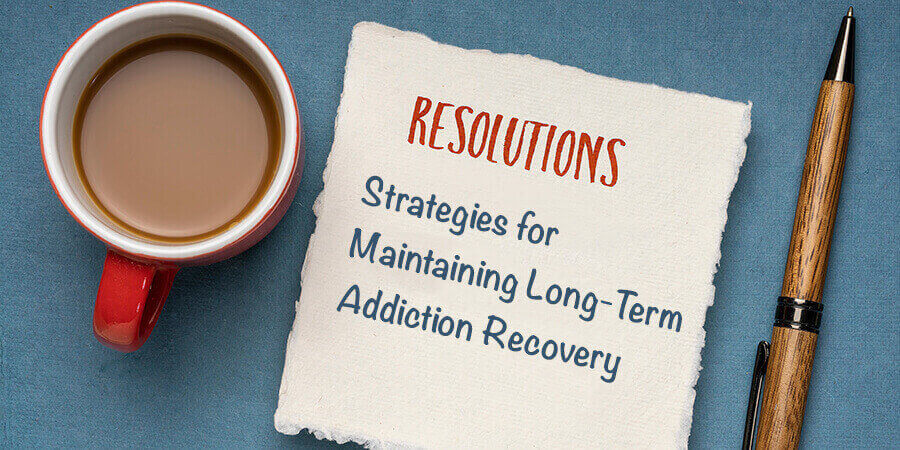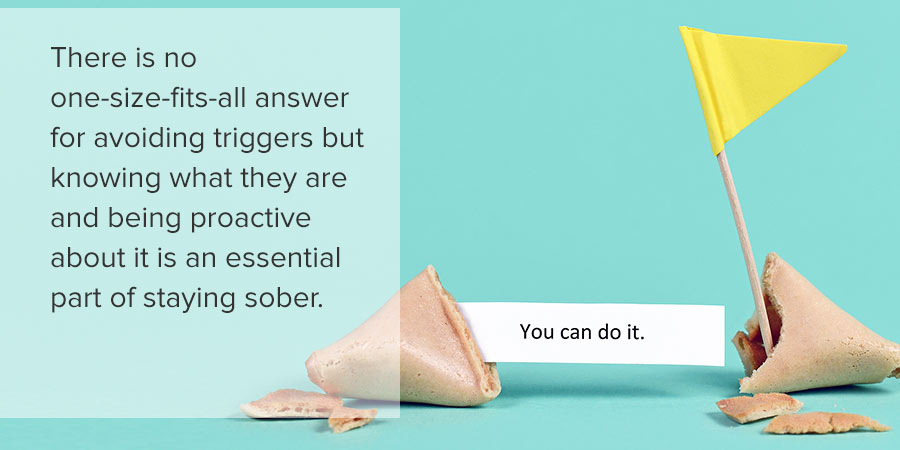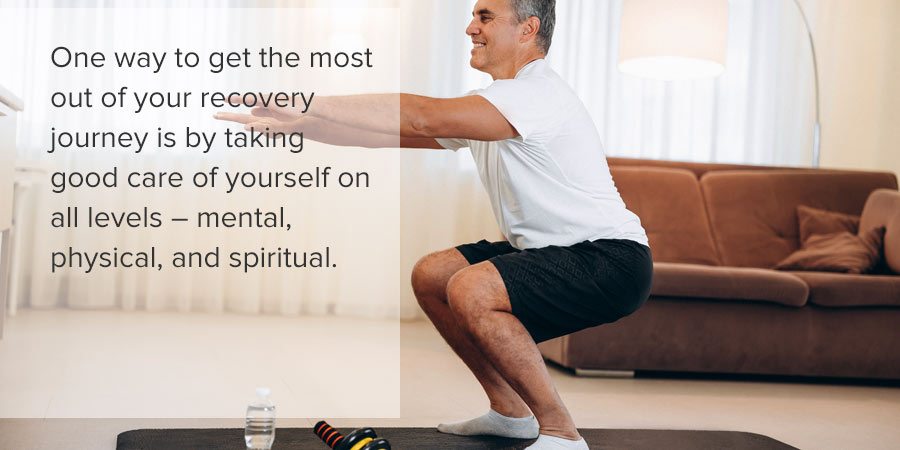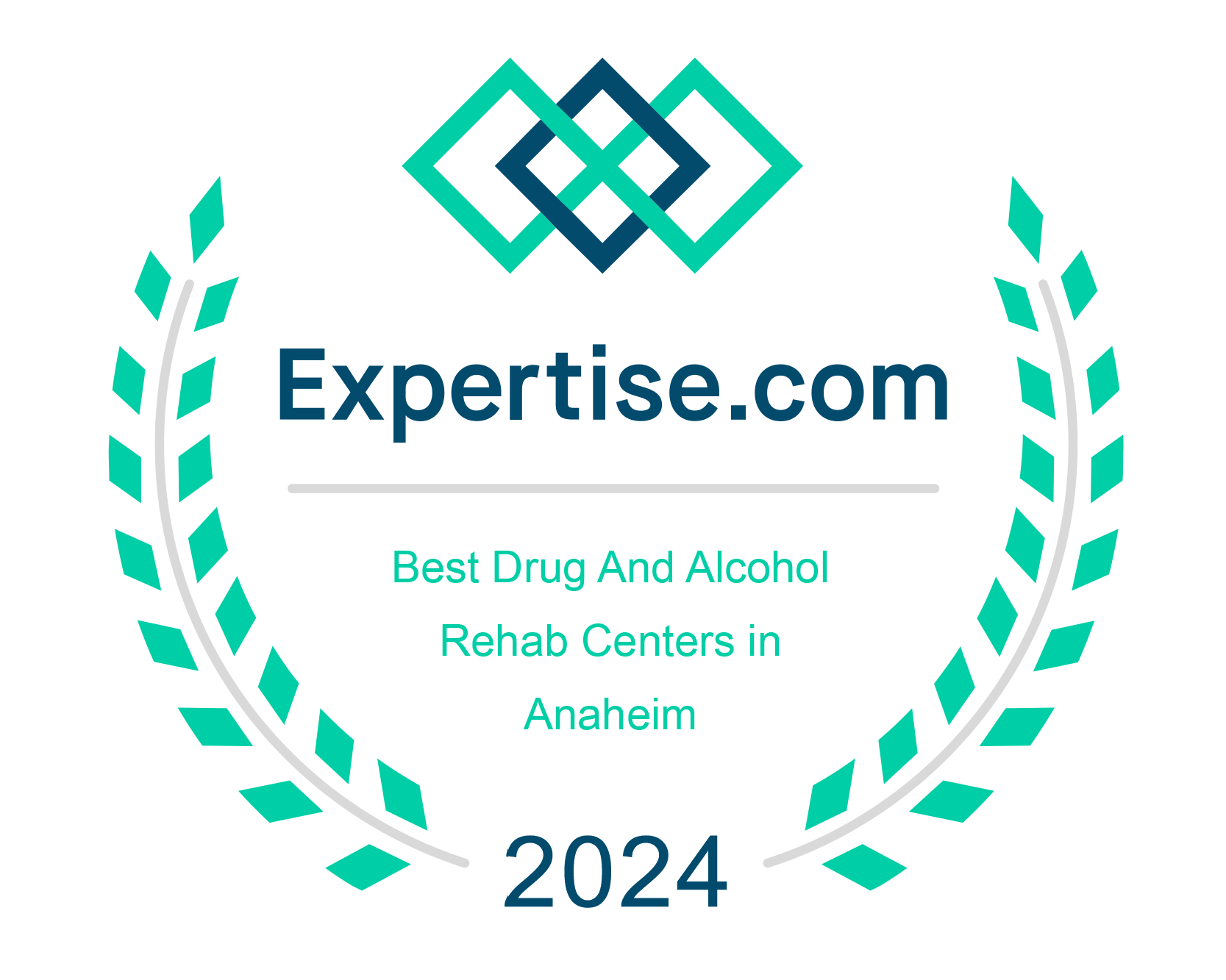What Happens When Your New Year’s Resolutions Do Not Work Out?
First, we need to understand why people make New Year’s resolutions and why people obsess about committing to them. Often, these types of resolutions withstand negative emotions within oneself. In other words, unhappy with your actions, feelings, or who you are as a person presently. Although people’s intentions are good and resolution might be self-motivation, they usually focus on a goal rather than the entire process.
Matter of fact, most people start faltering on their resolutions because even though a genuine intention was there, they were missing a realistic plan for achieving the goal. When you don’t have a plan, you feel lost. It is easy to become discouraged and depressed when you have unrealistic expectations. Feelings of anxiety and decreased self-worth can rapidly become overwhelming, especially when addiction is involved. It is easy to give up and go back to the old unhealthy habits when that happens.
But, like many things in life, it takes time and effort. If you are struggling with giving up on this new chapter of your life, here are some tips on how to keep hope and stay strong.
Strategies for Maintaining Long-Term Addiction Recovery Resolutions
Understand the Root of Addiction
There are many reasons people may become addicted to drugs or alcohol, but one of the most common reasons is to numb pain. If you know that the root of your addiction stems from pain, then seek out healthier support and coping methods before establishing expectations for immediate results.
Although there are many rapid options for detoxification available, there are no miracle recoveries. Your brain and body will need time to adapt to function without the substance. Also, your emotions are likely to be all over the place; that is why you need to prepare first. Whether you need to find a mental health professional to support and guide you through recovery or help you organize your way of life, you will need to establish the essential steps you will have to take to adhere to an effective change.
Know Your Triggers
You have to know your triggers and be prepared for them. If you know that you are likely to relapse when you are around certain people or in certain places, do your best to avoid those circumstances. If you cannot prevent them, have a plan to cope with the situation. This may include having someone with you to support your sobriety or leave the problematic environment as quickly as possible.
There is no one-size-fits-all answer for avoiding triggers but knowing what they are and being proactive about it is an essential part of staying sober.
Identify the Healthy People in Your Life
Identifying what and who is triggering your cravings is crucial to maintaining sobriety. For example, if you know that spending time with your ex-boyfriend is likely to cause a relapse because he often used drugs or alcohol around you at the same time, then try to avoid his company. Don’t feel guilty for trying to save your life. Not everyone is ready to give up harmful habits simultaneously, and you need to first feel solid and stable with your sober self before trying to help others.
Establish support systems and be proactive about seeking help when cravings arise. If someone close to you knows how important it is not to use again after beginning recovery, they will be more than willing to lend an ear or offer advice should temptation present itself. Be honest about what triggers are causing issues so you can rapidly identify them and divert your attention elsewhere. Sometimes, you will find yourself in an unexpected situation where danger presents itself; you will need to make a fast and firm decision that will not jeopardize your recovery path.
Once you overcome this first hurdle, you will likely feel renewed strength and trust in yourself, which are the foundation for a healthy and happy life ahead.
Create Resources for Support
If you feel triggered, know what resources are available to you and access them quickly. Improving yourself is not a one-time event; it’s something that you need to work at every day. Sometimes it’s too hard to overcome life’s difficulties; reach out to someone you trust. Don’t be embarrassed. Feeling overwhelmed and in need of help is by no means a sign of weakness or failure – just the opposite. Realizing your limits is learning about yourself and accepting who you are, which are both examples of self-growth.
Enjoy the Process
Tackling a sober life may sound like a great way to see progress, but research has shown incorporating fun components might help you stick with it. It is not fun to feel anxious or on a mission all the time, and if you become anxious or stressed, you’re unlikely to keep at it. But if you get pleasure from what you do throughout the process, you are more likely to succeed.
One way of pursuing a goal more effortlessly that generally feels like a chore is to combine it with a guilty pleasure. Consider allowing yourself to play golf or go to the movies every Saturday morning as a reward for staying on a healthy path. Buy yourself those fancy sneakers or headphones you’ve wanted for your daily exercise routine, make yourself a special mocha latte when you read a book. Provide yourself with pleasure and rewards during the process. Soon enough, you will be building your own healthy tools to divert your attention from unwanted feelings onto pleasurable ones.
Relapse Prevention and Forgiveness
Create a relapse prevention plan with the help of a therapist. This will be tailored specifically for your needs and outline specific steps you can take when cravings arise. Additionally, if you fall, have a plan to get back up. Relapse does not mean all your efforts have been in vain; it only means you have momentarily gone the wrong direction but rapidly hopped back on the road. How many times have you taken the wrong exit on a freeway just to get back into the right lane within minutes?
Everyone makes a mistake eventually, and so do you. If you are in recovery, a relapse may be just that, a momentary mistake. Relapses are incredibly common, and rapidly getting back on the right path is crucial. It is imperative to discuss the relapse with your therapist and find ways not to get stuck in a cycle of self-hate. Learn how to forgive and care for yourself and move past negative thoughts.
Take Care of Your Body
One way to get the most out of your recovery journey is by taking good care of yourself on all levels – mental, physical, and spiritual.
Sleep Well — Get plenty of rest every night, so you wake up feeling refreshed to put forth your best effort each day! This will help prevent cravings, and may even decrease stress which will naturally be reduced when you avoid drugs or alcohol use again.
Eating Healthy — Substance abuse is known to cause severe vitamin and mineral deficiencies that jeopardize physical and mental health, decrease immunity, damage vital organs, and, more importantly, disrupt the nervous system and reduce immunity.
Proper nutrition and hydration are critical components to healing and recovery from long-term substance abuse. A healthy diet helps restore physical and mental health and improve the chance of sustaining recovery. Macro- and micronutrient deficiencies can lead to low-energy depression and anxiety, the most common symptoms leading people to crave drugs and alcohol and eventually relapse.
Exercise – Find the best daily routine that your body and schedule can handle. Don’t set unrealistic exercising plans; you don’t need to run a marathon or become an athlete to be healthy. Create a daily starter routine, even if for just a few minutes. Daily exercise promotes better sleep, boosts energy, improves mood, and combats many health conditions and diseases.
Accountability Partners Can be a Huge Asset in Recovery
Accountability partners can be a massive asset in recovery. Find someone close to you that has known about your struggles with addiction but would never judge or pressure you throughout the process. This person might be one of your best friends or even an immediate family member like a parent, sibling, or partner (but not children). Discuss what triggers are most likely to lead to relapse and how both parties plan to avoid them together and encourage each other when it gets tricky. Having this sort of support system around during recovery may make all the difference between success and failure!
Get Help from Professionals If You Need It
Each day, people from all parts of society try to end their substance use in one way or another. Overcoming addiction by yourself at home is highly challenging and not often successful. Fortunately, there are many resources and effective treatment programs available. It is essential to enter into an appropriate treatment program, one that is based on your individual physical and emotional health.
If you have tried to stop using drugs or alcohol and have been unsuccessful, this is a sign that you may need professional help. An inpatient detox program can provide the safety, structure, medical attention, therapy, and stability needed to manage and treat withdrawal and help revert the consequences addiction might have caused in your life.
You can start by seeking a medical detox at an accredited hospital that will provide you with the safest, most comfortable, and effective treatment plan to overcome acute withdrawal. This will help remove the substance from your body and stabilize you physically to work on your emotional issues without feeling sick or battling cravings.
Finding a Reputable Treatment Center
There is no one-size-fits-all approach to recovery. That’s why it’s vital to seek out a program that caters to your specific health needs and preferences. There are several types of recovery programs available, so take the time to research what options are available in your area. Look for a program that offers multiple benefits such as accredited facilities, board-certified physicians, and a long-term reputation in the US.
Unfortunately, there are instances of unethical and illegal conduct in all areas of medicine and healthcare. Still, substance use disorder has historically been predominantly unmonitored compared to other medical fields. It has had its share of overnight cures, deceits, and deceptions that have exploited vulnerable, desperate patients for profit.
Conclusion
Take Recovery One Day at a Time
It’s important to remember that recovery is not a straight line. You will have good days and bad days, but this doesn’t mean you fail or lose your battle with addiction! It means recovery takes time and patience, which can be challenging to maintain on the best of days. Just keep taking it one step at a time until you get there! There is no set timeline for recovery, so do whatever works best for you and as long as it takes.
We all have days when we feel like giving up, but don’t let a few bad moments snowball into an avalanche. If you feel discouraged or overwhelmed by the tasks in front of you, take a break and try to refocus your energy on something else for a bit. A change in perspective can often be just what is needed to keep going! The tips above will help with that, too—remembering why it’s worth fighting through this challenging time and following some simple steps to maintain sobriety may provide additional motivation. As always, remember to stay positive no matter how tough things get and seek professional help if you need it. It really does pay off down the road if you give it your best shot.
Call now to speak confidentially with an addiction expert.
Committing to overcome addiction should not have to mean relinquishing comfort, privacy, or self-respect. Why not experience individualized care and comfort? If you're ready to take part in a world-class private treatment program, it's time to call Domus Retreat.Call 1-866-713-3869
Sources:
Reviewed by Clare Waismann, RAS / SSUDCC, Founder of Domus Retreat®
All topics for the DomusRetreat.com blog are selected and written based on high editorial quality standards and cited source material. Clare Waismann, Registered Addiction Specialist (RAS), Substance Use Disorder Certified Counselor (SUDCC), and founder of Domus Retreat and Waismann Method®, reviews articles for accuracy, credibility, and relevancy. Clare Waismann is an authority and expert on opioid dependence and related topics covered on the DomusRetreat.com blog. Please see our Terms of Service for additional information and disclaimers regarding third-party sources and content for informational purposes only.





















